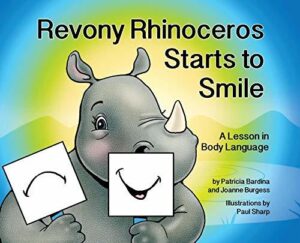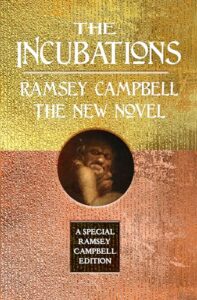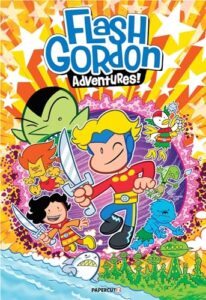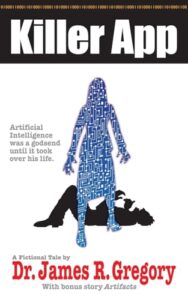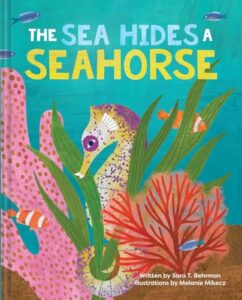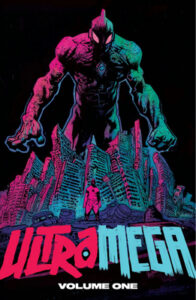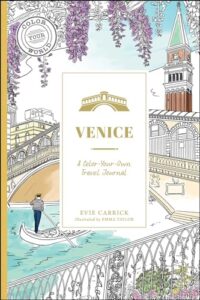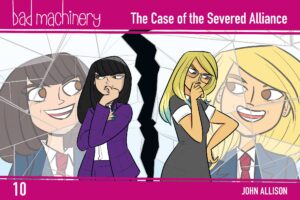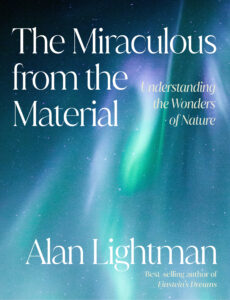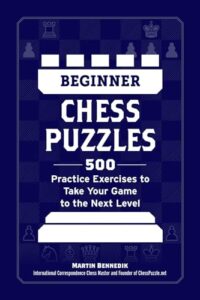 subtitled 500 Practice Exercises to Take Your Game to the Next Level.
subtitled 500 Practice Exercises to Take Your Game to the Next Level.
Despite being a huge fan of games and puzzles of all kinds, chess has never been my thing. I have tried since I was a kid to learn and enjoy it but I get super bored and, frankly, can’t see all the options on the board and usually lose. Some people might believe that this says something about my psychological makeup, tho I suspect it only means that I don’t care for chess. I’m a monster at checkers tho, lol.
So when Beginner Chess Puzzles landed on my desk, I figured this would be a good time to learn some tricks and tips, especially since my eldest has recently learned how and likes to play, usually against his dad. Eldest has also taken to making me play a game of chess for every game of Magic The Gathering: Bloomburrow that I can successfully pester him into. And while I am a good loser, I do get tired of losing at chess all the time, so I figured that reading this book certainly couldn’t hurt my chances. Worst case scenario if my lack of competence at the game of kings proves irremediable: I could give my eldest this book to help him improve his own game going forward.

